Citizen Science Program Faculty for 2025-26
-
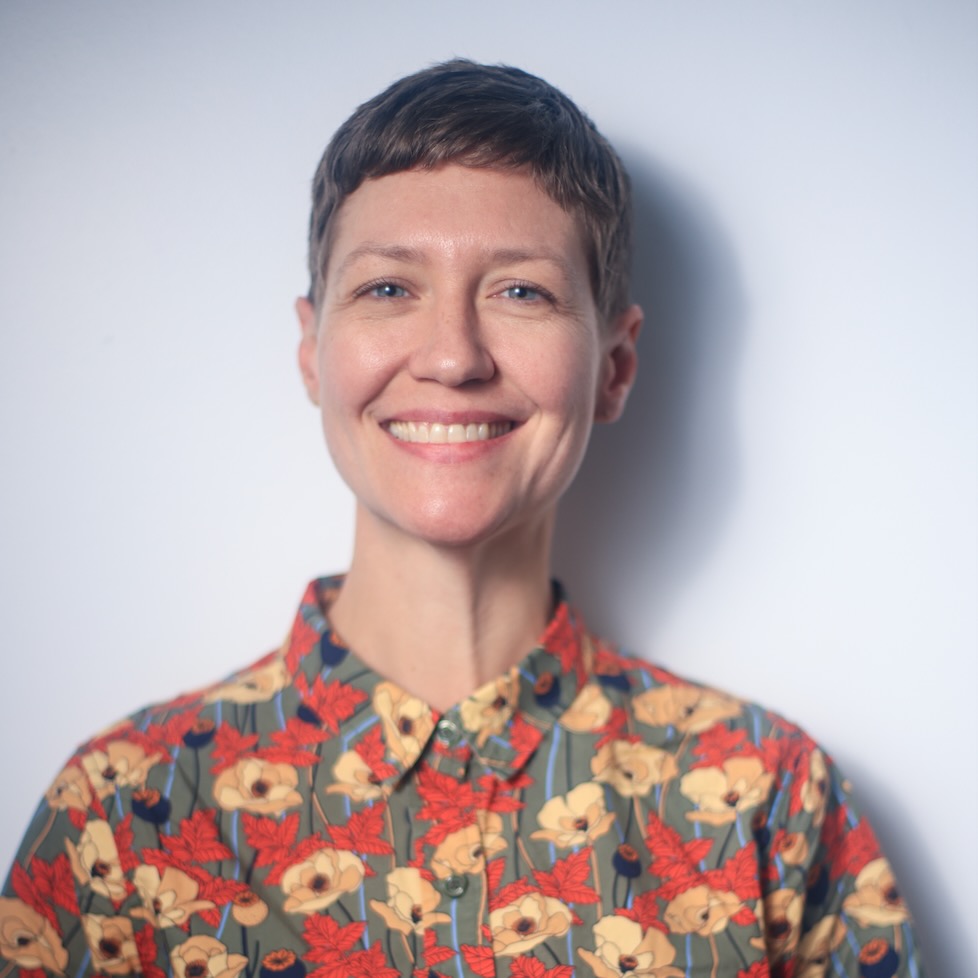 Brooke Borel (she/her)(Teaching Spring 2026) Brooke is a science journalist with nearly two decades of experience in print and multimedia. She also teaches in the journalism school at New York University.
Brooke Borel (she/her)(Teaching Spring 2026) Brooke is a science journalist with nearly two decades of experience in print and multimedia. She also teaches in the journalism school at New York University.
Brooke Borel (she/her)
(Teaching Spring 2026) Brooke is a science journalist with nearly two decades of experience in print and multimedia. She also teaches in the journalism school at New York University.
Brooke an award-winning science journalist whose writing has appeared at Popular Science, BuzzFeed News, the Guardian, Scientific American, Nature, Science, FiveThirtyEight, among others, and has also been anthologized in the 2017 book “What Future.” Her own books include “Infested: How the Bed Bug Infiltrated Our Bedrooms and Took Over the World” and “The Chicago Guide to Fact-Checking.” She is currently the articles editor at Undark and co-hosts the magazine's podcast, Entanglements. Brooke teaches in the Science Communication for Public Action Strand. This is Brooke's second year with Citizen Science. -
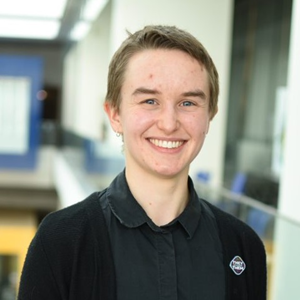 Kate Huffer (they/them)(Teaching Spring 2026) Kate Huffer is the Assistant Director of Citizen Science and a Visiting Assistant Professor of Biology at Bard College. They are teaching in the Science Communication for Public Action this year.
Kate Huffer (they/them)(Teaching Spring 2026) Kate Huffer is the Assistant Director of Citizen Science and a Visiting Assistant Professor of Biology at Bard College. They are teaching in the Science Communication for Public Action this year.
Kate Huffer (they/them)
(Teaching Spring 2026) Kate Huffer is the Assistant Director of Citizen Science and a Visiting Assistant Professor of Biology at Bard College. They are teaching in the Science Communication for Public Action this year.
Dr. Kate Huffer is the Assistant Director of the Citizen Science program and a Visiting Assistant Professor of Biology. Their academic interests lie at the intersection of biophysics, neuroscience, and computational biology, with a particular focus on the ion channels that mediate temperature sensation in humans. They are committed to making science accessible and engaging for all students, and their teaching and curriculum development emphasize critical thinking, real-world applications, and inclusive classroom practices. Kate earned their PhD in Biology from the National Institutes of Health-Johns Hopkins Graduate Partnerships Program. -
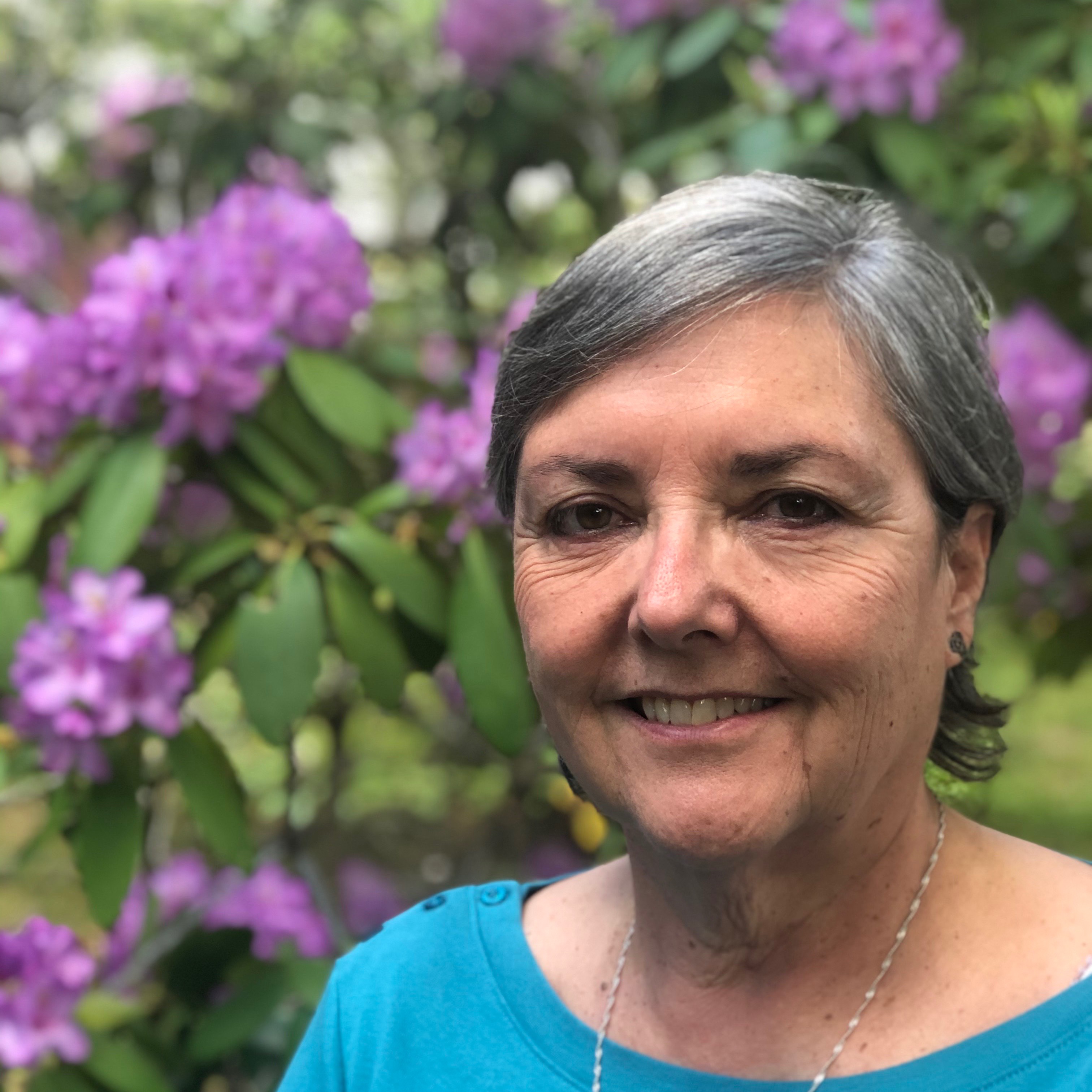 Deborah Keszenman (she/her)(Teaching Fall 2025 and Spring 2026) Deborah earned her MD from the Universidad de la Republica’s School of Medicine in Montevideo, Uruguay, and her MS and PhD in Biophysics in the area of Radiation Biology from the Universidad de la Republica–PEDECIBA. Deborah has taught eleven times in the Citizen Science program!
Deborah Keszenman (she/her)(Teaching Fall 2025 and Spring 2026) Deborah earned her MD from the Universidad de la Republica’s School of Medicine in Montevideo, Uruguay, and her MS and PhD in Biophysics in the area of Radiation Biology from the Universidad de la Republica–PEDECIBA. Deborah has taught eleven times in the Citizen Science program!
Deborah Keszenman (she/her)
(Teaching Fall 2025 and Spring 2026) Deborah earned her MD from the Universidad de la Republica’s School of Medicine in Montevideo, Uruguay, and her MS and PhD in Biophysics in the area of Radiation Biology from the Universidad de la Republica–PEDECIBA. Deborah has taught eleven times in the Citizen Science program!
Deborah Keszenman earned her MD from the Universidad de la Republica’s School of Medicine in Montevideo, Uruguay. Following her curiosity and desire of exploration of new areas, at an early stage of her medical studies she joined the Biophysics Department at the Medical School and started to do research in the area of DNA damage and repair. While working as a physician and teaching Biophysics at the Medical School, Deborah earned a MS and then a PhD in Biophysics in the area of Radiation Biology from the Universidad de la Republica–PEDECIBA. Deborah worked researching and teaching Biophysics at the Universidad de la Republica for more than 30 years, beginning as an honorary lecturer. She is a research member of the Project for Development of Basic Sciences PEDECIBA, Uruguay. In 2005, Deborah and her family moved to the United States where she continued her scientific career at the Biosciences Department at Brookhaven National Laboratory in New York and in 2006 she became a Beam Line Scientist of the NASA Space Radiation Laboratory (NSRL). In 2015, Dr. Keszenman returned to Uruguay to join the Group of Biophysical Chemistry as Professor of Biophysics at CENUR Litoral Norte in Salto, and to be in charge of the Environmental and Medical Radiation Biology Laboratory. Her scientific research is focused towards problems of radiation biology with potential application in clinical Medicine and with impact on the human-environment interaction. Deborah has specialized in the study of genomic responses to nitro-oxidative stress induced by UV, ionizing radiation, anticarcinogenic agents and pesticides at the molecular and cellular levels. Her research group is also studying the role of natural products on protective and adaptive responses to genomic damage induced by physical and chemical agents present in the environment. Her group is actively involved in the transference of all this basic knowledge to society to empower a sustainable development. Debrorah teachers in the Environmental Water Lab Strand. -
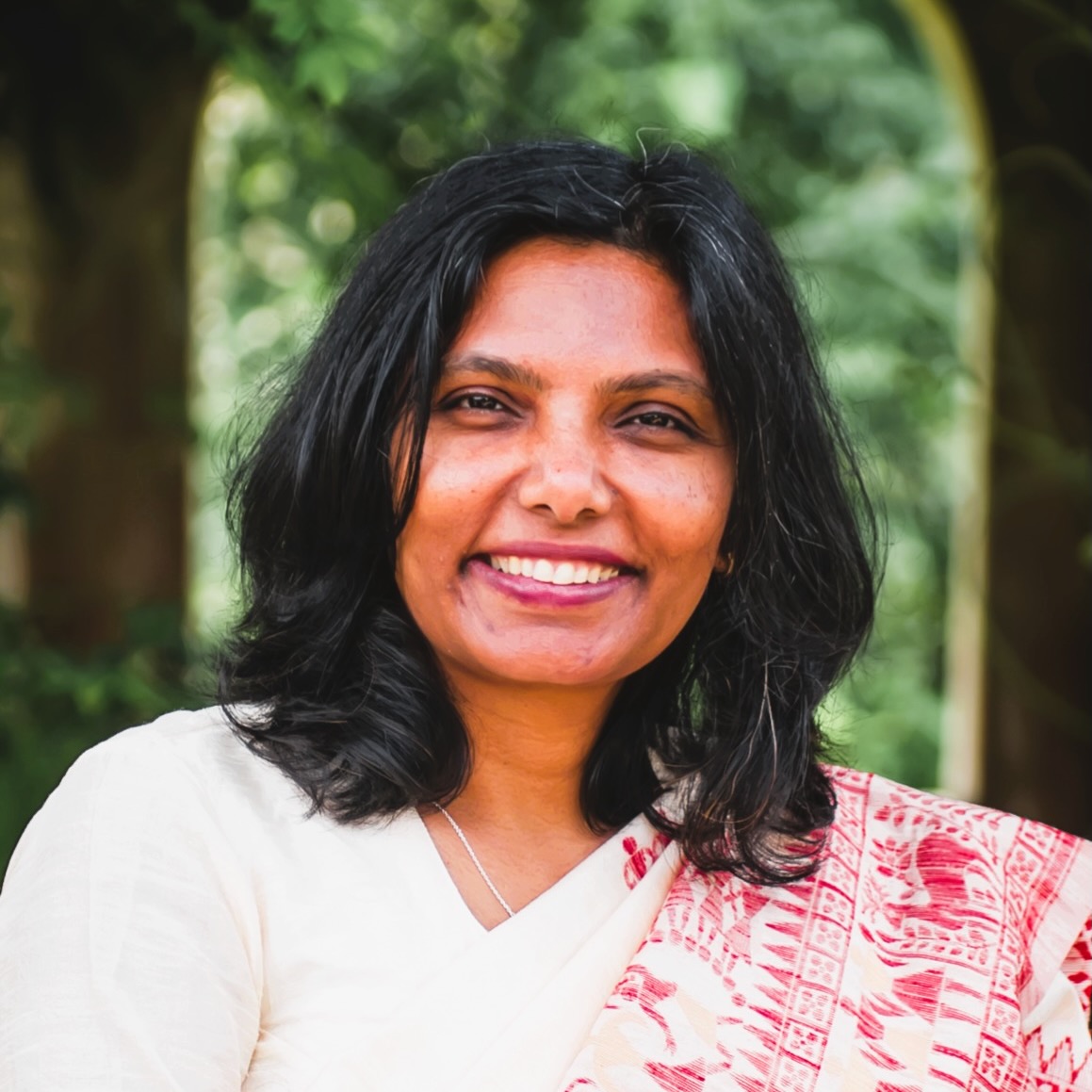 Prerna Masih (she/her)(Teaching Fall 2025 and Spring 2026) Prerna is a Visiting Assistant Professor at Bard College starting Fall 2025. She will be teaching in the Environmental Water Lab strand of Citizen Science program.
Prerna Masih (she/her)(Teaching Fall 2025 and Spring 2026) Prerna is a Visiting Assistant Professor at Bard College starting Fall 2025. She will be teaching in the Environmental Water Lab strand of Citizen Science program.
Prerna Masih (she/her)
(Teaching Fall 2025 and Spring 2026) Prerna is a Visiting Assistant Professor at Bard College starting Fall 2025. She will be teaching in the Environmental Water Lab strand of Citizen Science program.
Prerna holds a B.S. in Chemistry from St. Stephen’s College (Delhi University, India), an M.S. in Biotechnology from the Indian Institute of Technology Bombay (India), and a Ph.D. in Cellular and Molecular Biology from Roswell Park Cancer Institute, SUNY Buffalo. She completed her postdoctoral training at the National Institutes of Health in Bethesda, where she explored the biochemical properties of DNA mismatch repair proteins. In addition, she has experience in the biopharmaceutical industry, having worked at NewLink Genetics, where she contributed to the development of immuno-oncology biologics, including whole-cell cancer vaccines. Before joining Bard, she was a faculty at University of West Florida, FL. In her academic role, Prerna has taught diverse classes in biochemistry, microbiology, general chemistry, and environmental sciences. Her interdisciplinary research focuses on the development of novel therapeutic molecules with antibacterial, antifungal, anti-inflammatory, and anticancer properties, as well as elucidating their mechanisms of action. Her work leverages a wide range of methodologies across microbiology, biochemistry, structural biology, pharmacology, cell biology, organic chemistry, and computational biology. Prerna is excited about integrating scientific methodologies into Citizen Science projects. -
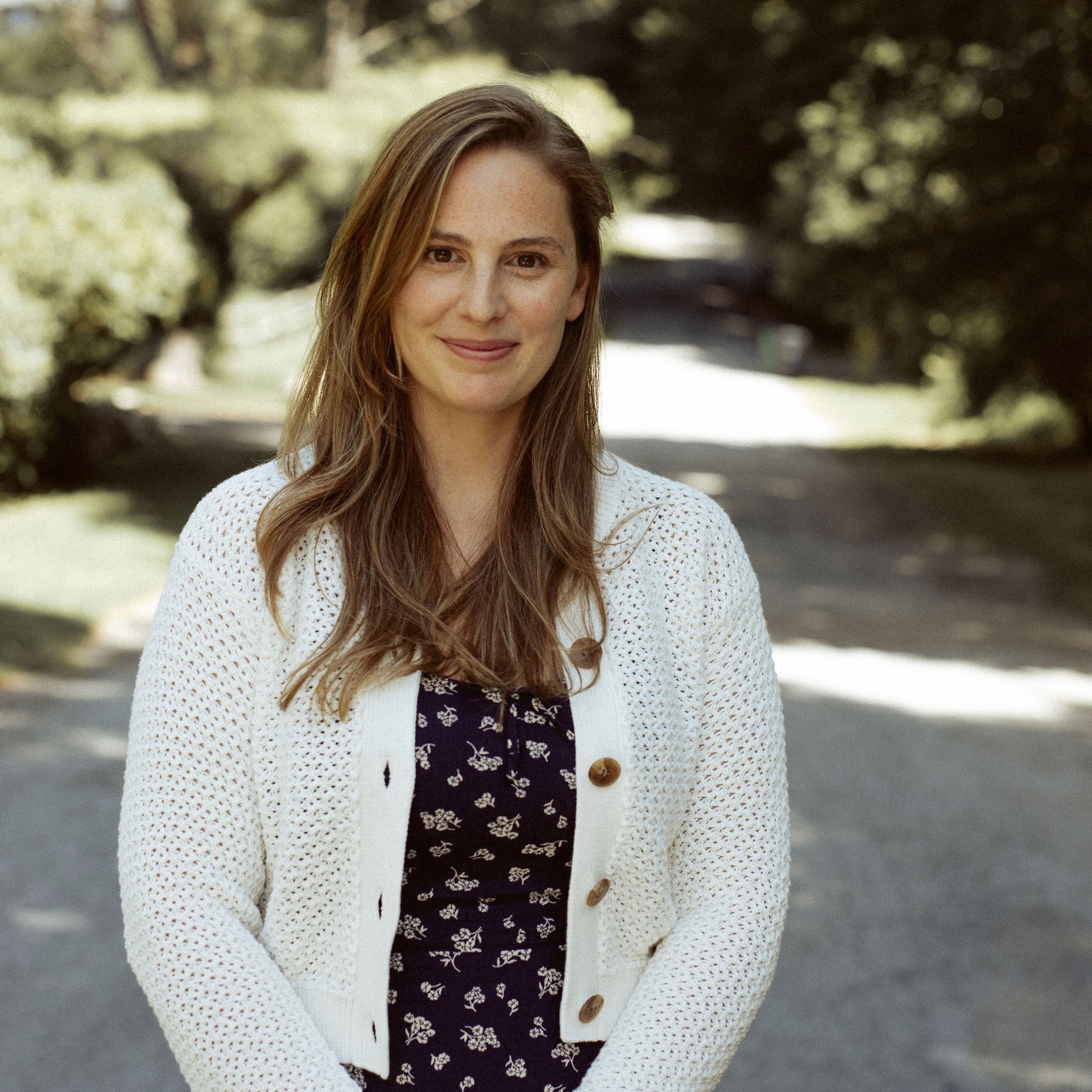 Lily Rubino (she/her)(Teaching Fall 2025 and Spring 2026) Lily is a Gates Cambridge Scholar at the University of Cambridge, working at the intersection of human geography, critical water studies, and environmental justice.
Lily Rubino (she/her)(Teaching Fall 2025 and Spring 2026) Lily is a Gates Cambridge Scholar at the University of Cambridge, working at the intersection of human geography, critical water studies, and environmental justice.
Lily Rubino (she/her)
(Teaching Fall 2025 and Spring 2026) Lily is a Gates Cambridge Scholar at the University of Cambridge, working at the intersection of human geography, critical water studies, and environmental justice.
Lily’s PhD thesis explores the social, political and economic dimensions of water contamination in the City of Newburgh, New York. Her study investigates the political and economic causes of PFAS contamination, residents’ embodied experiences of toxic exposure, and the community’s ongoing struggle for accountability, restoration, and repair.
Lily’s broader research agenda seeks to interrogate the widespread imaginary of universal water access in the Global North – particularly in the United States, where economic, political, and environmental factors continue to shape water insecurity across the country. Prior to her PhD, Lily spent much of her career in the international development sector, researching household water access in the Amazon in partnership with Cruz Roja Colombiana and working at WaterAid, a non-profit dedicated to increasing access to water, sanitation and hygiene around the world. Lily received her MSc in Anthropology, Environment and Development from University College London and her B.A. in Anthropology and Environmental Science from the College of William and Mary. Lily will utilize her research on PFAS contamination of the City of Newburgh’s drinking water in the Science Communication for Public Action strand to exemplify the role of science in the struggle for environmental justice in the Hudson Valley. Lily is excited to join Bard’s Citizen Science department and encourages students interested in gaining experience conducting social science research to reach out.
Lily teaches in the Science Communication for Public Action Strand. 2025-26 is her first year with Citizen Science. -
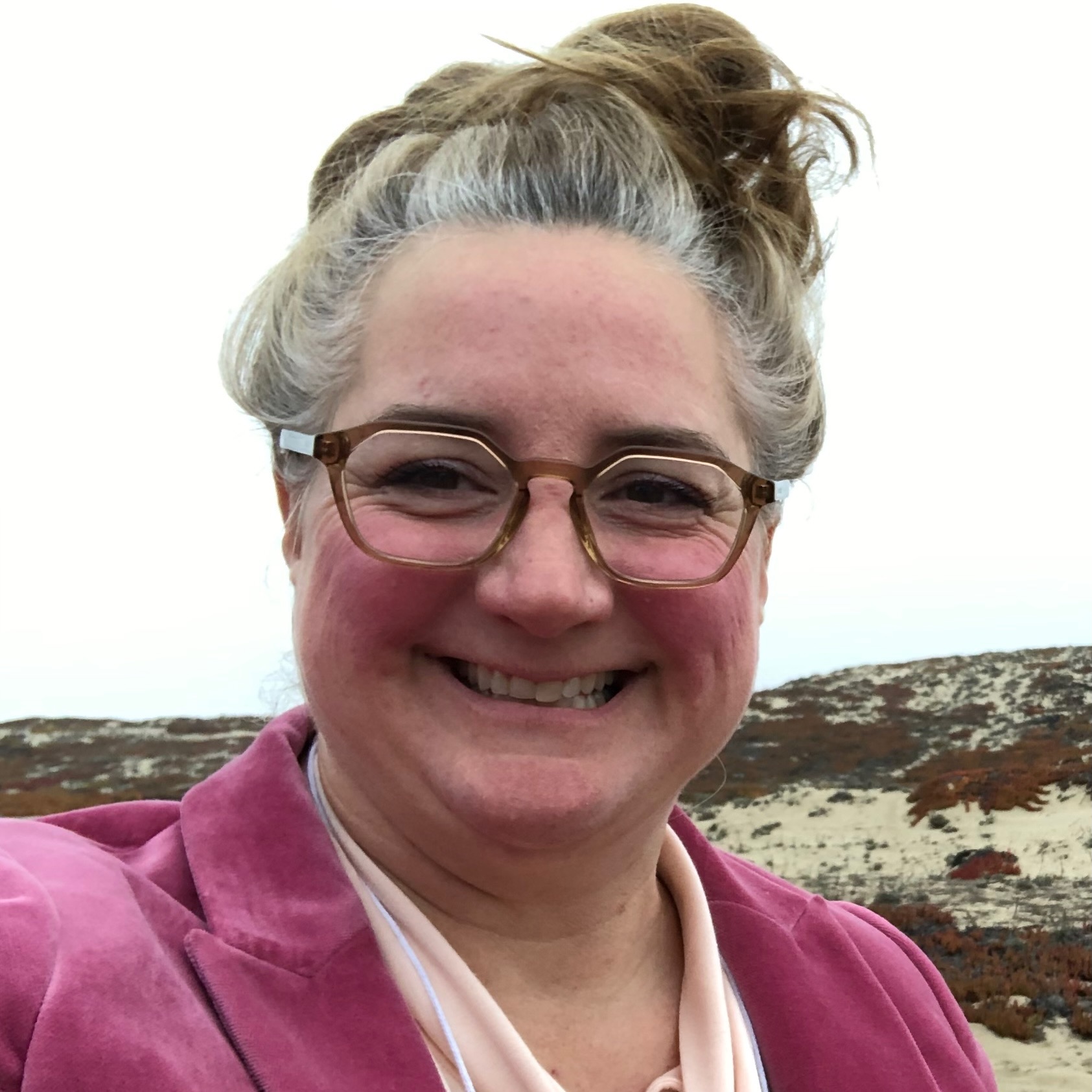 Amy Smith (she/her)(Teaching Fall 2025 and Spring 2026) Dr. Amy Smith is a microbial oceanographer who focuses on the geomicrobiology of igneous subsurface environments like deep oceanic crust. Amy's interests also include astrobiology since these environments that are conducive to life are also found beyond Earth in our own Solar System.
Amy Smith (she/her)(Teaching Fall 2025 and Spring 2026) Dr. Amy Smith is a microbial oceanographer who focuses on the geomicrobiology of igneous subsurface environments like deep oceanic crust. Amy's interests also include astrobiology since these environments that are conducive to life are also found beyond Earth in our own Solar System.
Amy Smith (she/her)
(Teaching Fall 2025 and Spring 2026) Dr. Amy Smith is a microbial oceanographer who focuses on the geomicrobiology of igneous subsurface environments like deep oceanic crust. Amy's interests also include astrobiology since these environments that are conducive to life are also found beyond Earth in our own Solar System.
Thus, her work also focuses on the potential for life on Mars, Europa, Enceladus, and other Ocean Worlds in our Solar System. Amy has also explored deep-sea hydrothermal vents, marine and terrestrial aquifers, volcanic environments, caves, and cultures extreme microbes on minerals in the laboratory.
Amy received her Masters in Biology from Portland State University in 2011 and her PhD in Ocean, Earth, and Atmospheric Sciences from Oregon State University in 2018. She completed a postdoctoral fellowship at the Woods Hole Oceanographic Institution in Woods Hole, MA, and worked at the Marine Biological Laboratory and Bard College at Simon's Rock prior to joining Bard College as a Visiting Faculty member of Citizen Science. Amy teaches in both the Environmental Water Lab and in the Science Communication for Public Action Strand. 2025-26 is her first year with the program. -
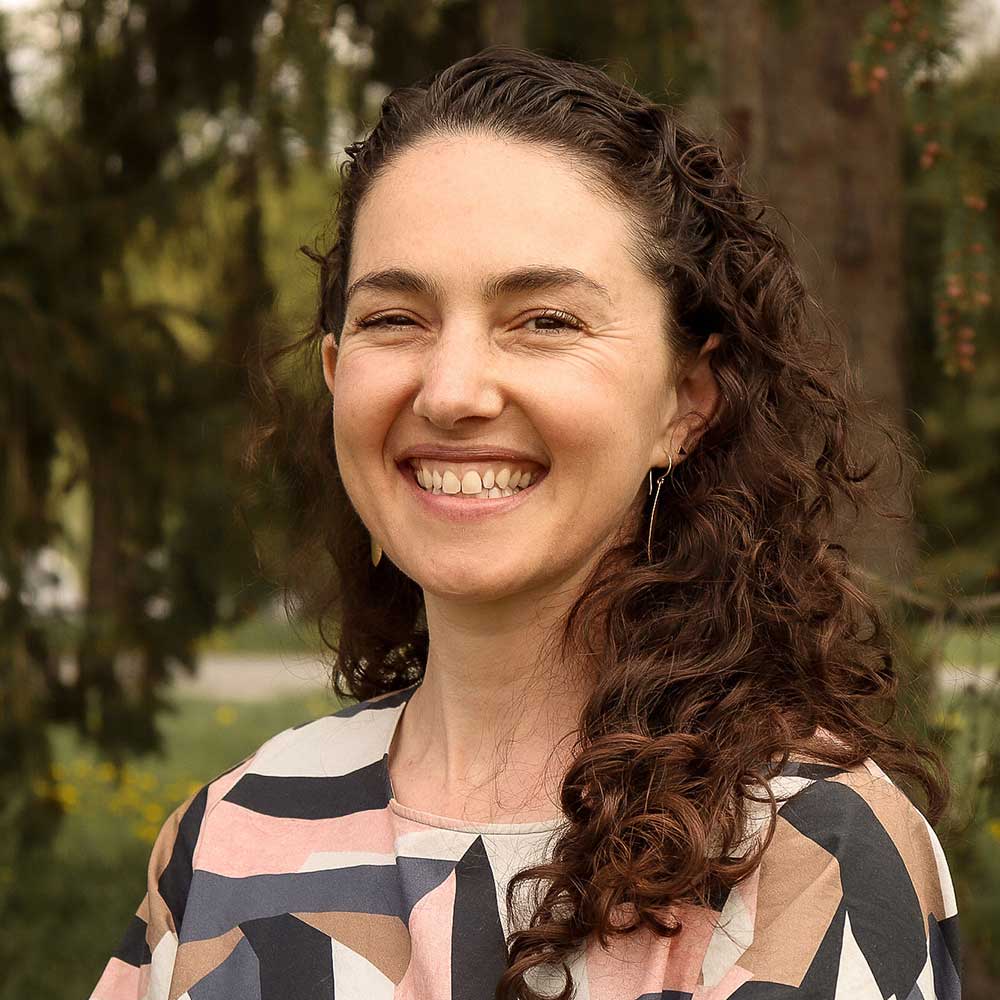 Yakira Teitel (she/her)(Teaching Spring 2026) Yakira is the Director of Health Services at Bard College and began teaching Citizen Science in Fall 2024. She has been engaged in public health advocacy and organizing throughout her career and looks forward to exploring these themes with students in Citizen Science.
Yakira Teitel (she/her)(Teaching Spring 2026) Yakira is the Director of Health Services at Bard College and began teaching Citizen Science in Fall 2024. She has been engaged in public health advocacy and organizing throughout her career and looks forward to exploring these themes with students in Citizen Science.
Yakira Teitel (she/her)
(Teaching Spring 2026) Yakira is the Director of Health Services at Bard College and began teaching Citizen Science in Fall 2024. She has been engaged in public health advocacy and organizing throughout her career and looks forward to exploring these themes with students in Citizen Science.
Yakira's path to medicine and public health has been winding and untraditional. She has lived and worked in Mexico, Central America and Peru; taught in after school programs and high schools in the San Francisco Bay Area; and led community mural projects in all of these places. Yakira received her MD from the University of California San Francisco and her MPH from Columbia University in New York. She trained in Family and Community Medicine at UCSF/San Francisco General Hospital and then worked for the Department of Public Health in San Francisco doing primary care, HIV care and adolescent medicine before moving to the Hudson Valley in 2021 and starting at Bard in 2022.
Yakira teaches in the Science Communication for Public Action Strand. Yakira's section will explore the power of public health communication to enact social change towards health equity and environmental justice. Students in Yakira's section will examine specific case studies of scientists, academics, artists and community members working together to address issues facing their communities and then use these lessons to propose projects of their own. -
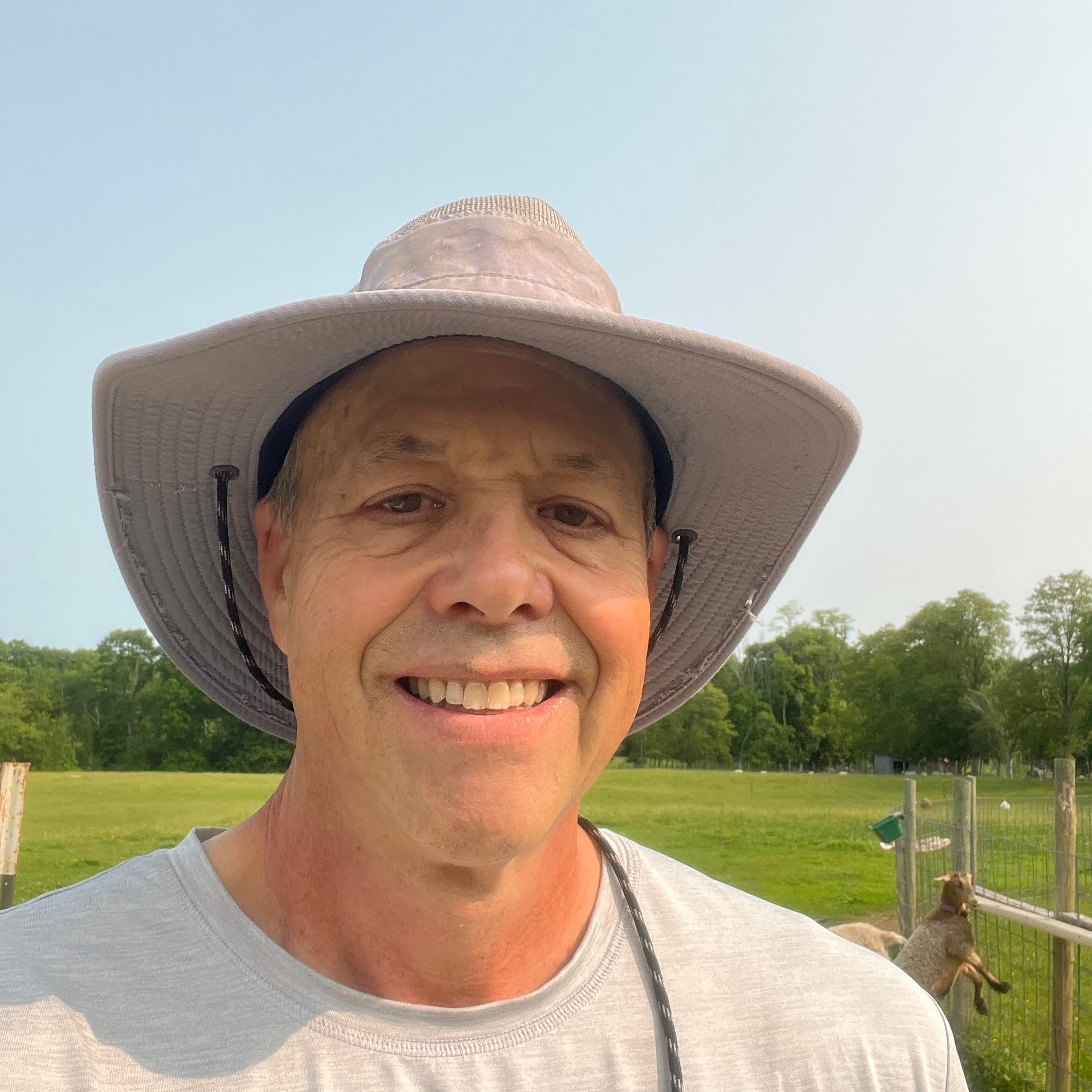 Mike Tibbetts (he/him)(Teaching Fall 2025 and Spring 2026) Mike is an Associate Professor of Biology at Bard College and teaches throughout the different college programs.
Mike Tibbetts (he/him)(Teaching Fall 2025 and Spring 2026) Mike is an Associate Professor of Biology at Bard College and teaches throughout the different college programs.
Mike Tibbetts (he/him)
(Teaching Fall 2025 and Spring 2026) Mike is an Associate Professor of Biology at Bard College and teaches throughout the different college programs.
Mike Tibbetts came to Bard College’s Annandale Campus in 1992 as an Associate Professor of Biology. In his 32 years at Annandale his primary teaching responsibilities have been in courses relating to Genetics, Molecular Biology, and Cell Biology. In addition, he has team-taught courses in: Bioethics, Biophysics, and The Environment and Disease.
Mike taught his first class for the Bard Prison Initiative in 2004, Human Genetics. Since then, he has offered courses to BPI students at every level of the biology curriculum, across 5 correctional facilities.
With a colleague from the Annandale campus, Mike has designed two tracks for BPI students who are interested in biology, a concentration and a second focus (minor). In addition, he offers courses for students interested in BPI’s Public Health Certificate program.
Mike was also involved in developing the most recent curriculum for Bard’s Citizen Science course. This is an intensive course focused on providing tools for citizens to engage with science. It is a graduation requirement for all Bard students, including BPI students. He regularly teaches the course, which for BPI students, currently focuses on Infectious Disease.
-
Get in Touch.
-
Stay in the Know.
Subscribe to our mailing list.







